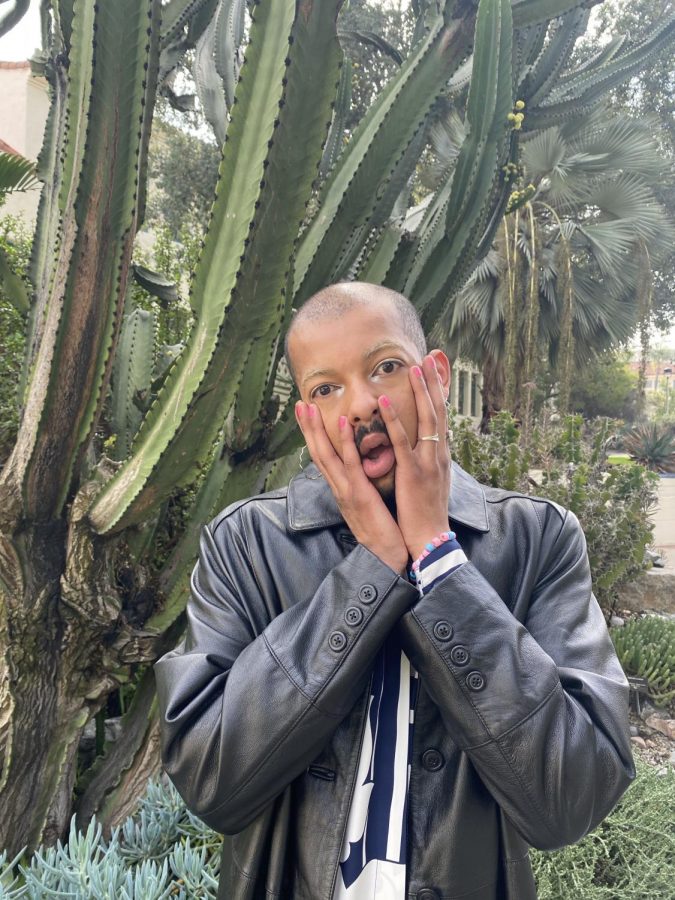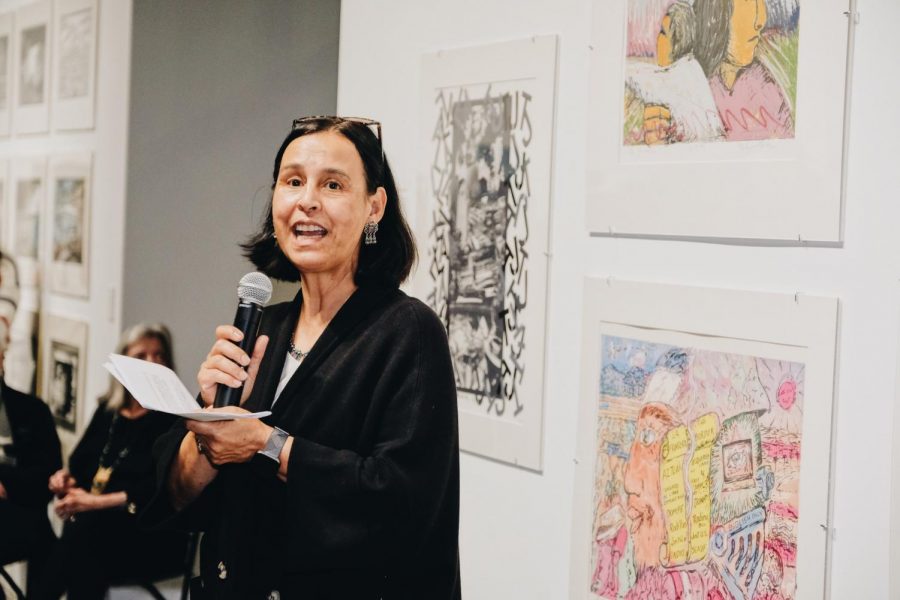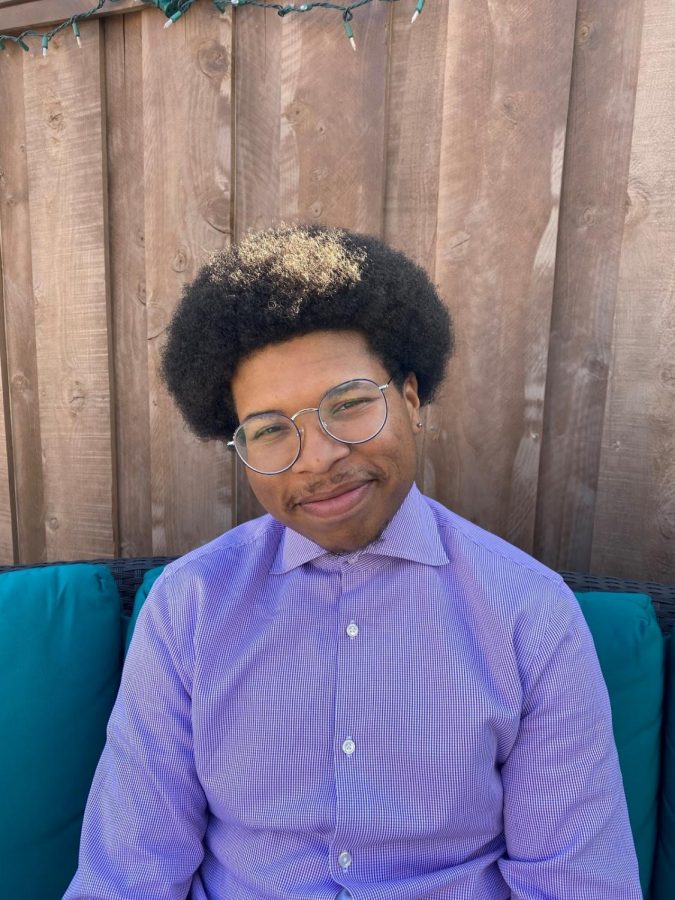Most days it’s hard to wake up. That’s how you know you’ve buried something — when you sleep, it sleeps with you. When I try to wake up, it’s still deep in hibernation. There’s a heaviness to it. Oblong shape, maybe. Blue. If someone were to open my stomach like a hole in the ice, they’d plunge into a very dark and very cold alien world.
My wife shifts our sheets closer to herself as I get up to put on a pot of coffee. As I pass my son’s room quietly, I listen to him sleep behind the door. He’s just discovered sports. When he wakes up he’ll want to play catch. His mitt is underneath his mattress. We placed a baseball in the sweet spot to help it loosen up overnight.
When I think of my son, I can’t help but think of my father, how I made him struggle as he raised me. My son’s different than I was as a boy. He’s sympathetic and kind. Me, I wanted to test myself, find out how far I could push before breaking. He’s different than me, but still, all boys make war. It’s what we do as humans. We’re the only animals with the ability to kill entire species outside our natural food chain. Coerced extinction, the apex of apexes. That terrifies me because I understand that power intimately. I mean, we’re all just predators. It’s in us — man makes myth of vengeful gods because man is God himself.
We begin with anthills and beehives. Once, in the schoolyard as a kid, a couple of friends and I forced enough tragedy onto a bees’ nest that the queen had to evacuate. Her body was beaded and heavy and flew as though draped in rope. It wasn’t just the physical exertion that fatigued her, I think to myself, as the coffee finishes. There’s more to it than that. Ultimately, she knew she’d failed her brood. She knew something greater than herself proved her worthlessness.
My wife teaches anthropology at the university. She tells me that one day we’ll all be just one population on earth. No more borders or boundaries, no more separate cultures. She says now we’re moving from nationalism to transnationalism. That, pretty soon, countries will be so homogenous we’ll just be one planet. Everyone will be our countrymen. Or planetmen?
We’ll eventually explain we come from Earth when there are space colonies floating by the moon. Then, maybe at some point in the distant future, we’ll have to specify which galaxy we come from. I stay up some nights just thinking about what the future might be like. How will my son live through it all? I find it’s better to imagine what’s ahead than to dwell on what’s deteriorating now.
But if there is one way to end this inherent need for war, it’s to become one tribe. I like boundaries. I like to know where my territory ends and another’s begins. For my son, it’s different.
He comes into the kitchen with his baseball glove already on. I open the front door and he jogs up the driveway. He turns around and begins the windup for his pitch. Easterly light reflects off the white concrete sidewalk and, as with snow blindness, I lose the placement of things. When he throws what’s in his hands, I raise my own and try to catch it, but it requires a little faith. I can’t let anything past me.
—Mason Schoen is a creative writing graduate student.






